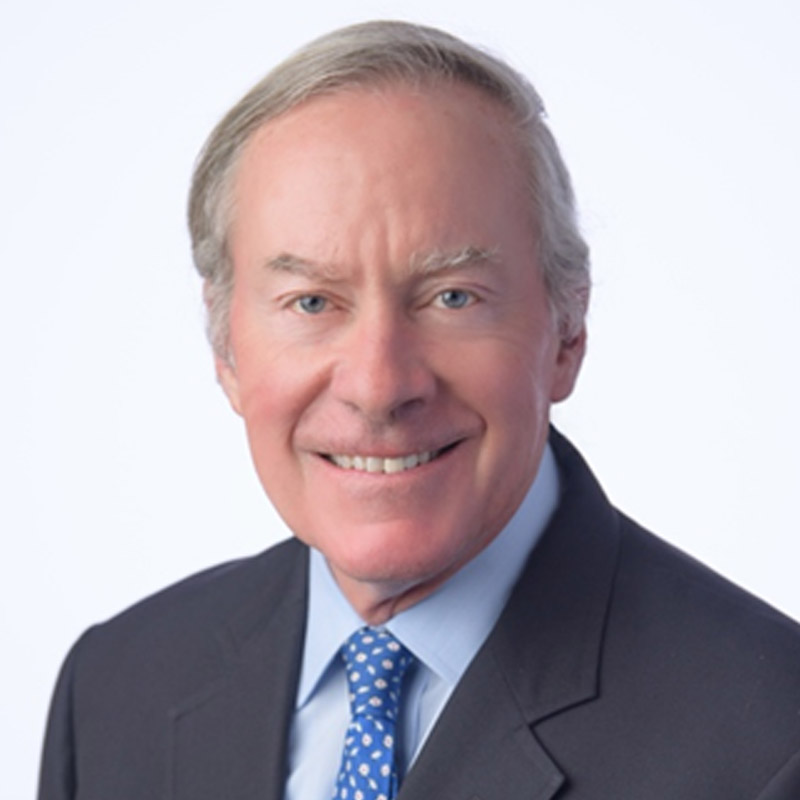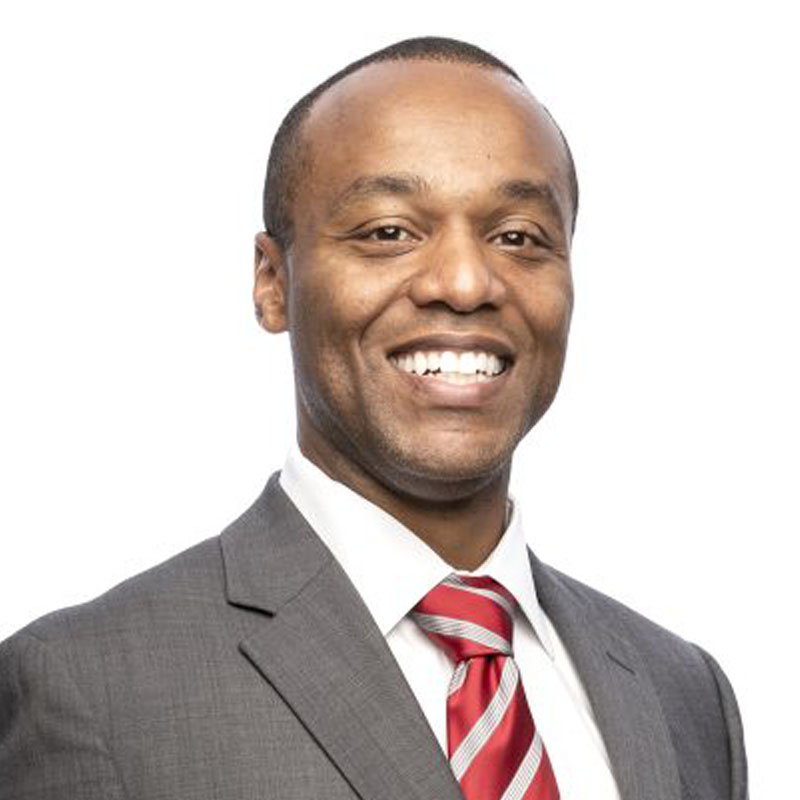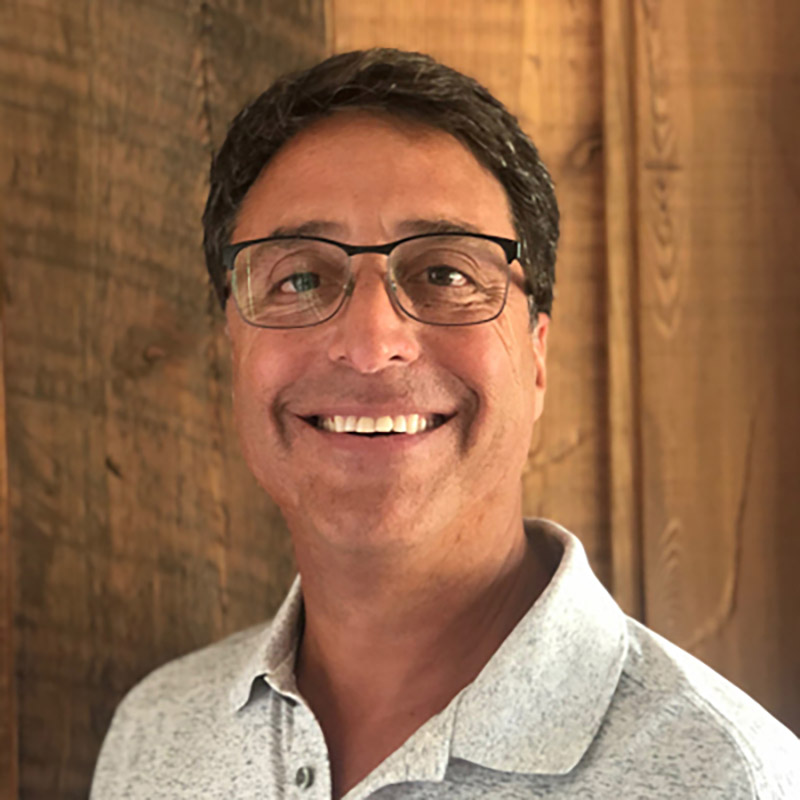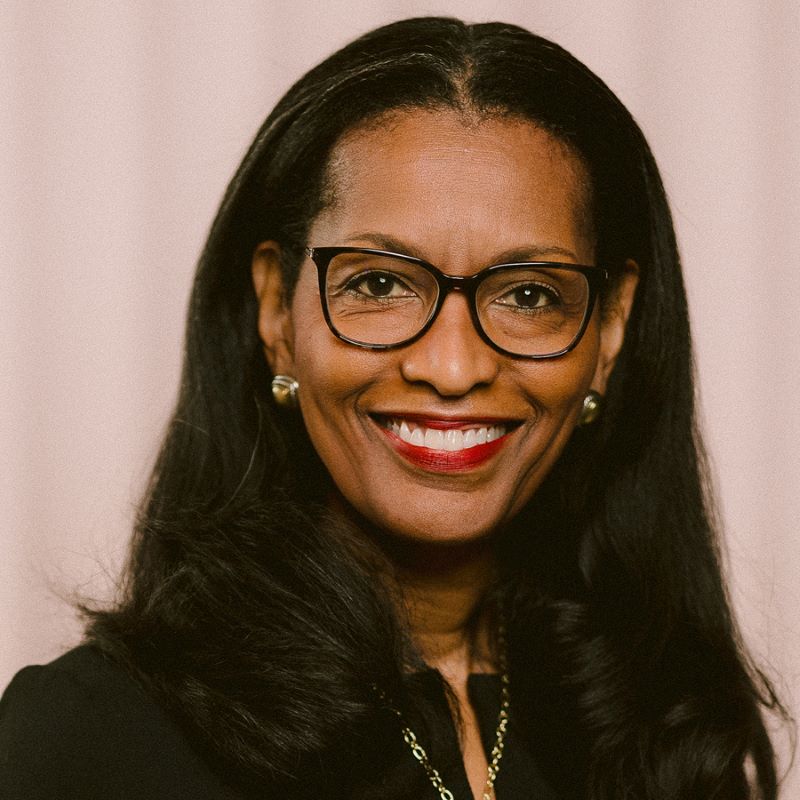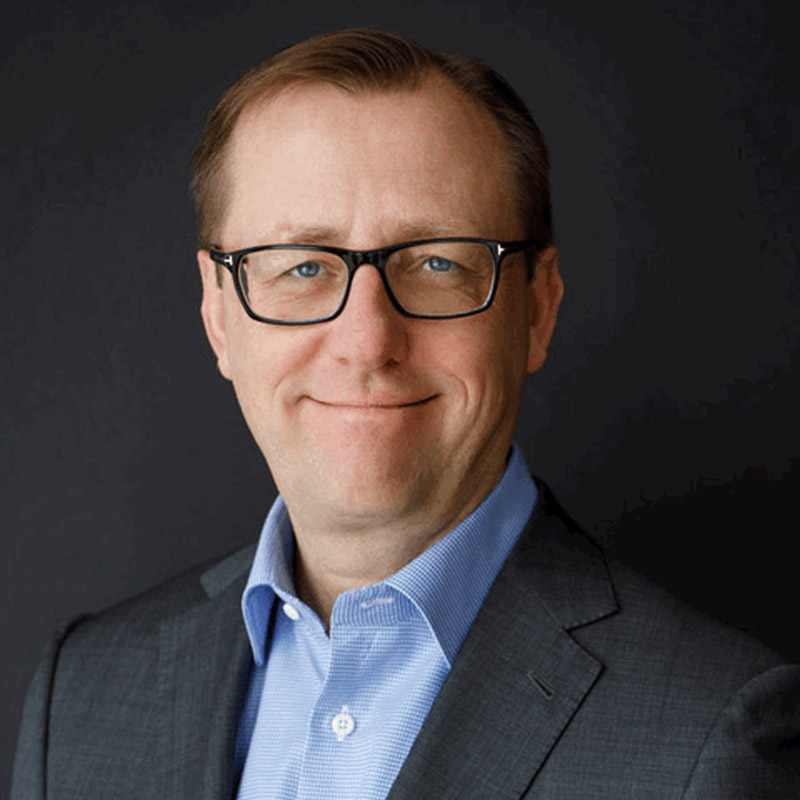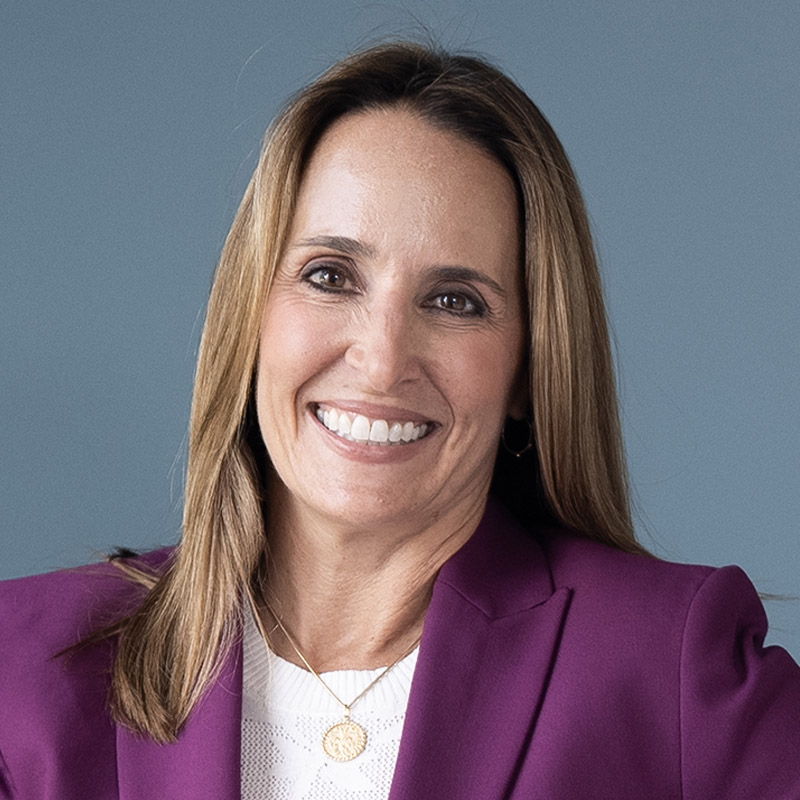We’re one of the nation’s top colleges for career services, and we work hard to prepare you for what comes next.
The Denison Advantage
At Denison, we’re setting you up for a lifetime of success. Our graduates leave with more than a degree — they develop professional confidence, a resume of hands-on experience, and a network of connections with Denison alumni.
Here are just four of the ways our students graduate with the Denison Advantage.
Our curriculum builds real-world skills for today’s workforce. Thirty Career Professionals offer one-on-one support to students and alumni, and seven career communities connect students with peers and mentors.
We guide students in exploring career paths, securing meaningful internships, and applying their learning in real-world settings — building confidence and readiness for life after graduation.
Denison Edge delivers industry-led programs that build in-demand skills and help students and alumni stand out in the job market. Offerings include Financial Management, Supply Chain, and Marketing Insights.
The Red Frame Lab helps students launch business ideas, train as consultants, and take on real projects with companies like Victoria’s Secret, DHL, and Wendy’s. These hands-on experiences set them up for future internships and jobs.
At Denison, you can count on a lifetime of career support — and have the opportunity to give back to future generations of Denisonians.
37,000+ engaged and accomplished alumni, passionate about supporting you
Powerful partners: big business, startups, mid-market companies, non-profits, arts organizations, and government agencies
Denison’s executive-in-residence program brings accomplished industry leaders to The Hill to deepen the connection between academic learning, career preparation, and professional experience and insights.
After you graduate
At Denison, you get a liberal arts education, plus pragmatic skills for the workplace. Employers want people who can assess a situation, ask probing questions, research the issue, and propose solutions. They also want you to know how to master an Excel sheet, manage a meeting, and budget your time. Students in every major learn these critical skills. It’s our secret sauce, and we’ve got the data to prove it.
Our grads have landed jobs at:
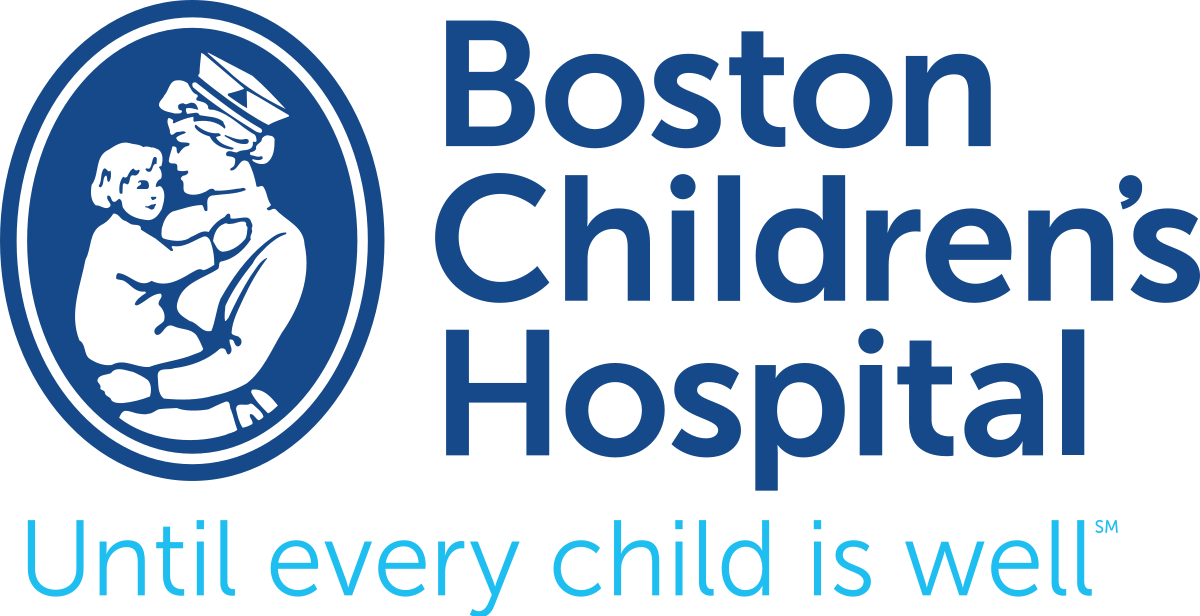



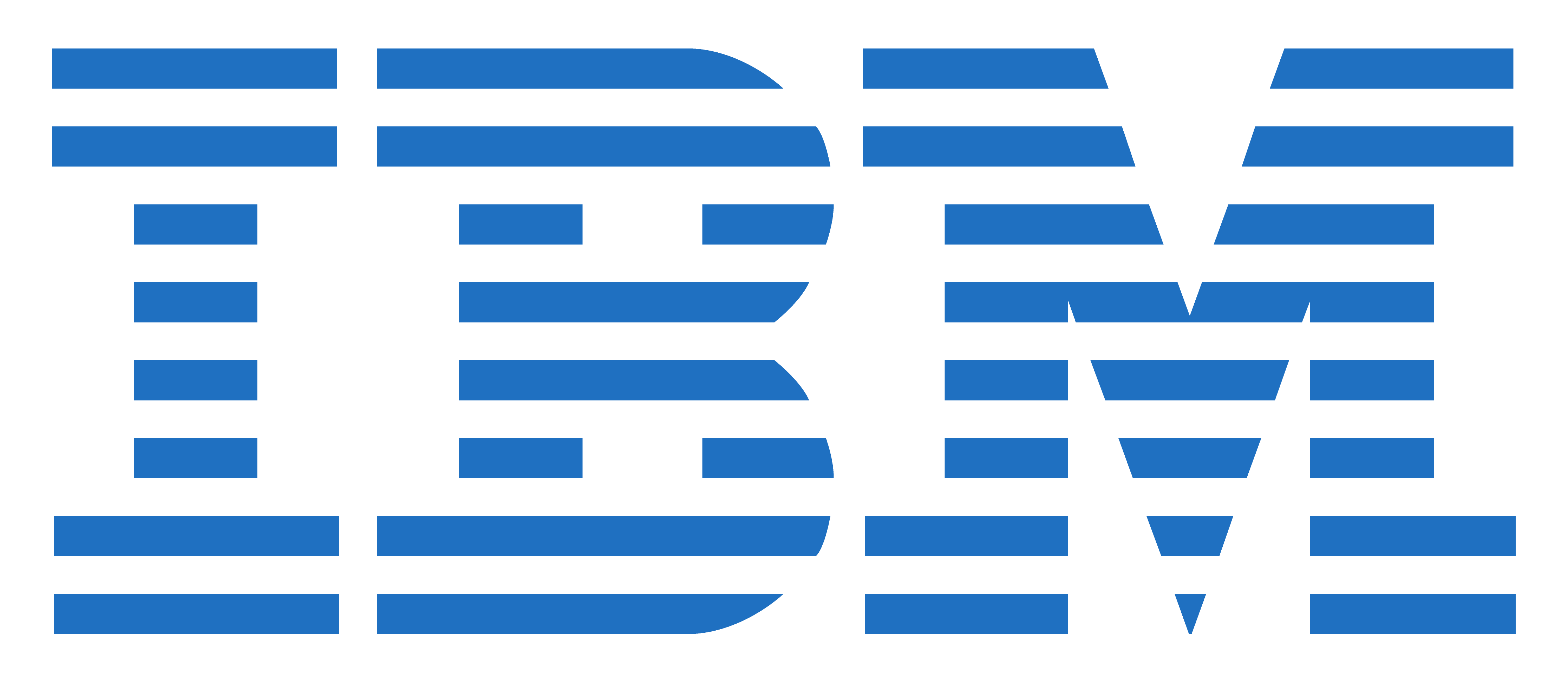
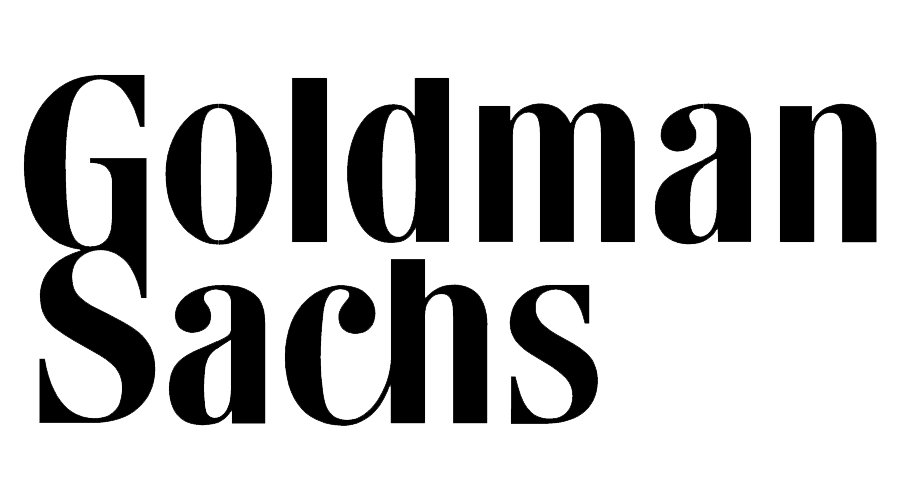
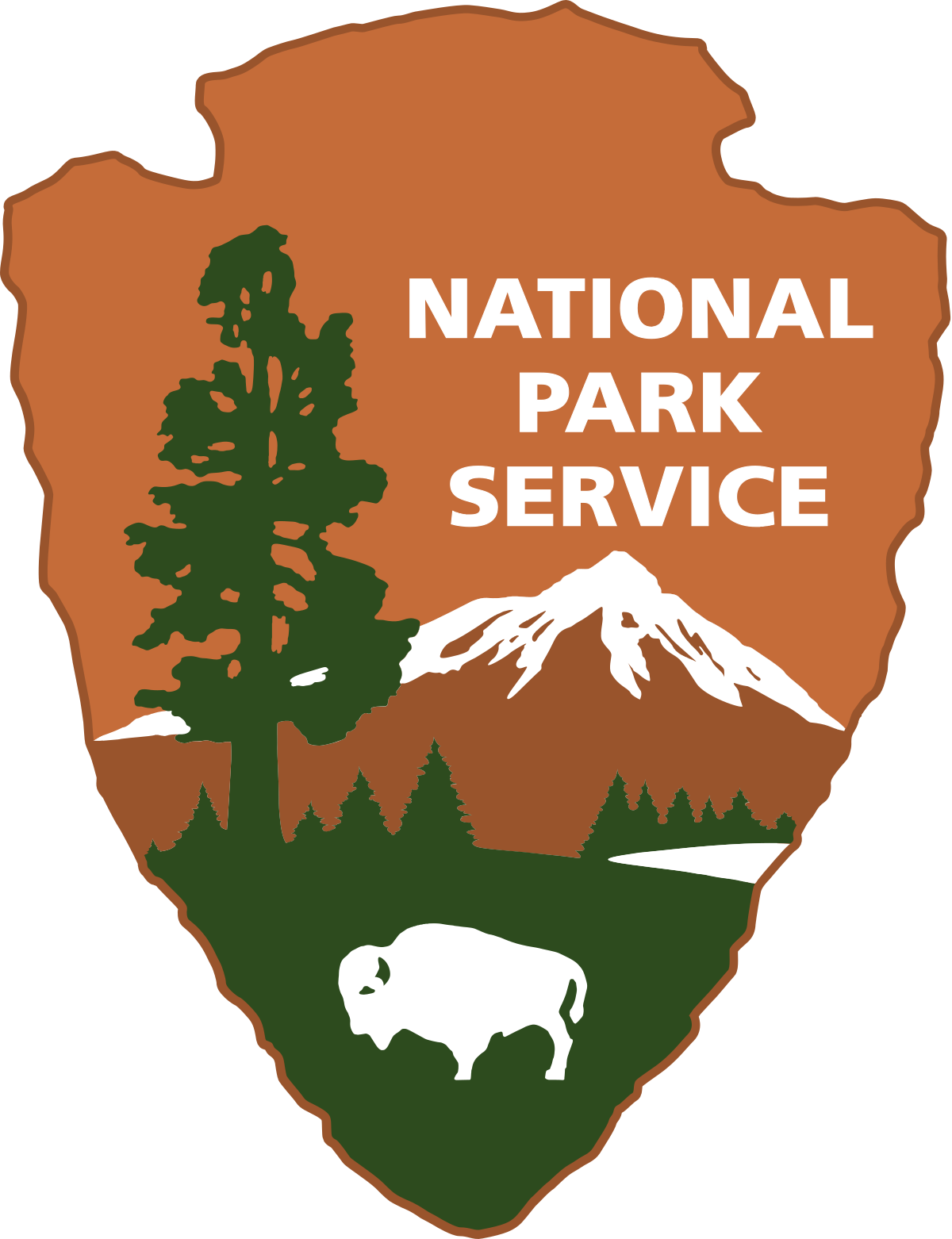





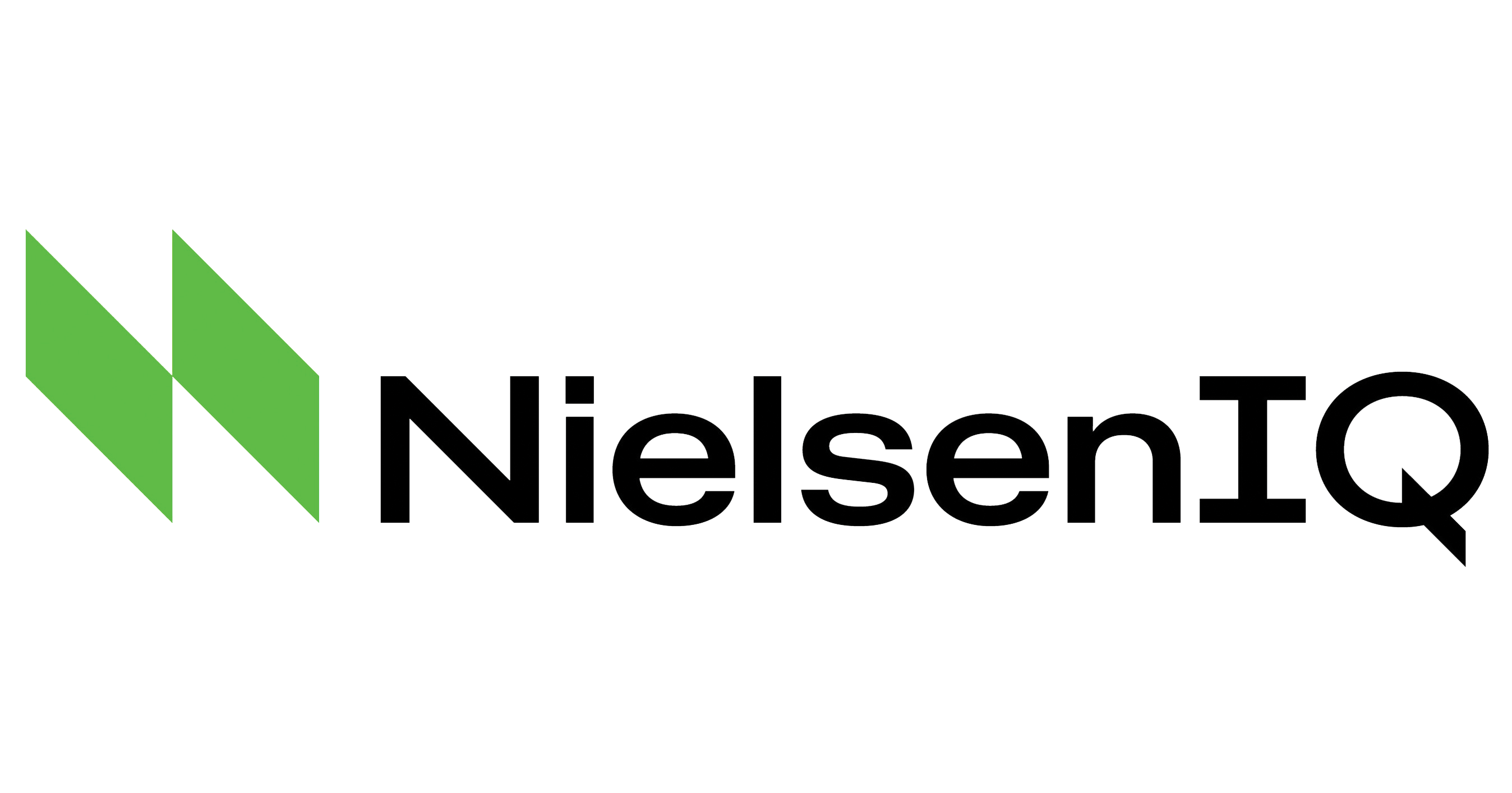

Notable Alums
- James Anderson ’85, former Senior Vice President, WarnerMedia and CNN
- George Bodenheimer ’80, former President, ESPN & ABC Sports
- Steve Carell ’84, award-winning actor
- Michael Eisner ’64, former Chairman and CEO, Walt Disney Company
- Jennifer Garner ’94, award-winning actor
- Terry Jones ’70, founder, Travelocity.com & Kayak.com
- Richard G. Lugar ’54, former U.S. Senator
- Alex Moffat ’04, actor, Saturday Night Live alum
- James Clear ’08, #1 New York Times best-selling author, Atomic Habits
- Abigail E. Pringle ‘96, President, U.S., Wendy’s
- Makorobondo Salukombo ’12, Olympian & founder, Project Kirotshe
Start building your best years at Denison.
Denison seeks students who have demonstrated a seriousness toward their academic lives and would bring a variety of interests, characteristics, and personal qualities to our dynamic campus community.
